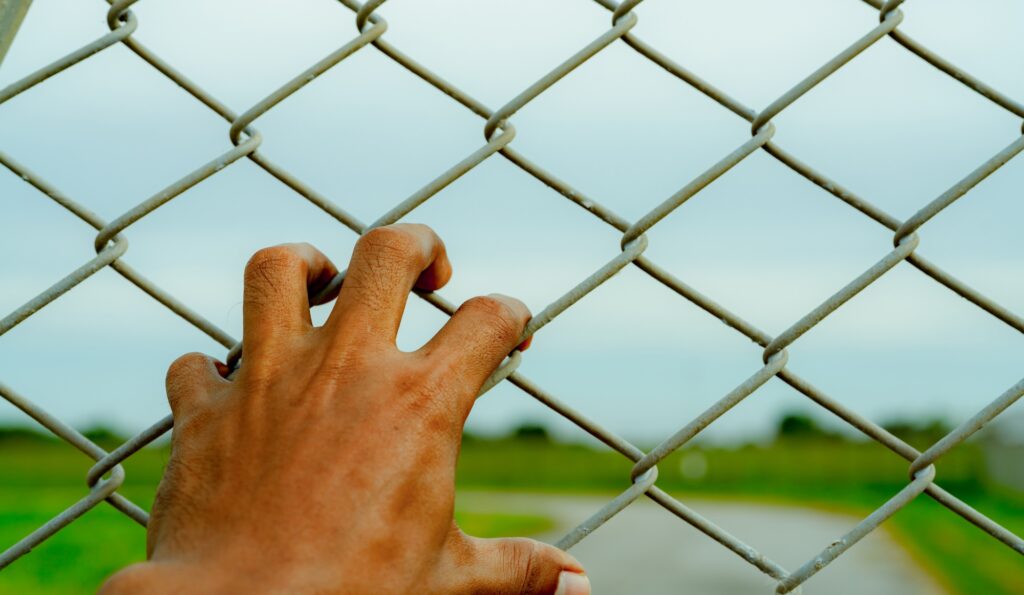Key Takeaways :
- Italy’s new migration decree tightens control over migrant flows and legal procedures for asylum seekers.
- The inclusion of the “Musk rule” has been criticized for judicial inefficiencies and potential delays.
- The decree contradicts EU regulations, requiring a ruling from the European Court of Justice by 2025.
- NGOs condemn the decree for penalizing sea rescue efforts, calling it punitive.
- The opposition accuses the Meloni government of using migration policy for propaganda purposes.
The Italian Senate has passed a controversial migration decree aimed at tightening controls over migrant flows. While the Meloni government claims this is a step toward reducing irregular arrivals, critics argue that the law imposes punitive measures and conflicts with international standards.
Key Changes: Resolving the Crisis or Creating New Barriers?
The Migration Flows Decree was approved with 99 votes in favor and 65 against. It includes a list of “safe countries” for repatriation, such as Egypt and Morocco, which are not recognized as such by the European Union. This discrepancy will be reviewed by the EU Court of Justice, with a ruling expected by 2025.
One of the most debated changes is the so-called “Musk rule,” which shifts the authority over migrant detention cases from specialized tribunals to appeals courts. The Italian judiciary body, the CSM, criticized this provision, warning it could delay cases and lead to judicial inefficiencies due to a lack of expertise among general magistrates.
NGOs and Opposition Raise Alarms
Humanitarian organizations have strongly condemned the decree, particularly provisions they argue criminalize sea rescue operations. Opposition parties, including the Five Star Movement and Italia Viva, highlight the ineffectiveness of the decree’s Albanian model. Of the planned 8,000 transfers, only 19 migrants have been relocated to Albania in a month, underscoring the system’s limitations.
The Green Alliance leader, Peppe Cristofaro, described the government’s migration policy as “obsessive,” referencing the 17 legislative changes made over two years.
Defending the Decree: The Government’s Perspective
Supporters of the decree point to its impact on reducing irregular arrivals, claiming a 60% decrease in migration under the Meloni administration. They also highlight a 15% increase in deportations and criticize NGOs for allegedly profiting from rescue operations.
Alberto Balboni, from Brothers of Italy, asserted that the law addresses a crisis exacerbated by organizations turning humanitarian aid into a business.
The Future of Italy’s Migration Policy
Italy’s tough new migration law underscores the nation’s struggle to manage increasing migration pressures. However, its controversial measures—alongside non-compliance with EU standards and criticism from NGOs—raise questions about its sustainability and effectiveness in addressing long-term challenges.










